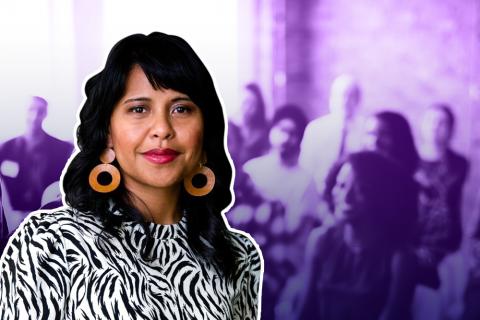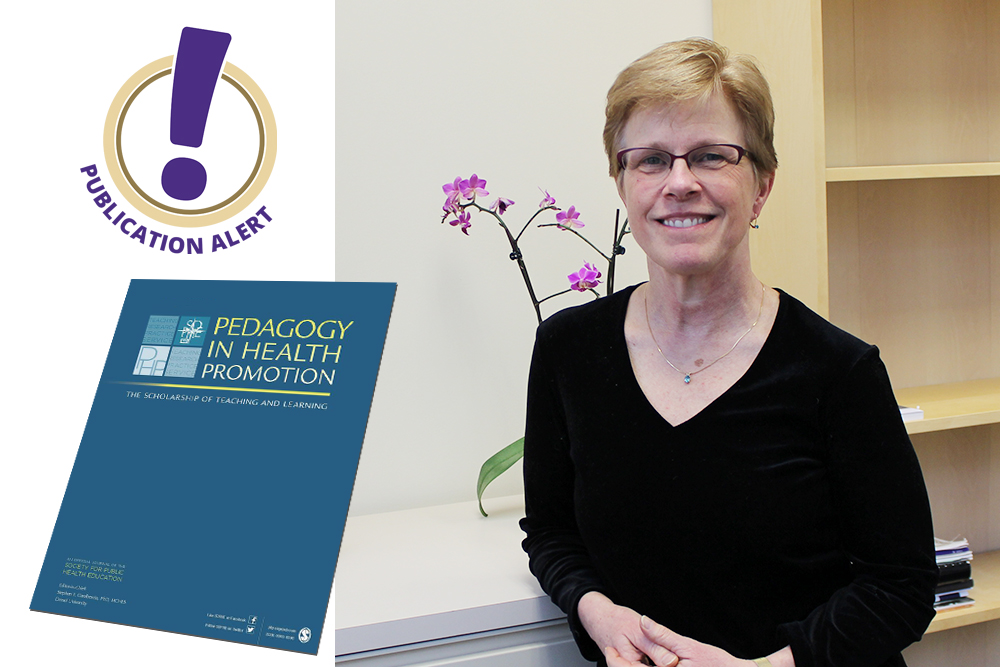
Essentially Public Health Instructor, Barbara Obena
NWCPHP is excited to launch a new course this winter called Essentially Public Health.
This course has been designed in response to the many changes that have occurred within the public health workforce, and will provide staff who are new to the field with a foundational understanding of the goals and functions of public health.
We recently sat down with Barbara Obena, the curriculum designer and lead facilitator, to learn more. Barbara earned her MPH from UW and has worked in public health and healthcare for over a decade. Currently, she serves as a Senior Consultant for the National Equity, Inclusion, and Diversity team at Kaiser Permanente and is a Clinical Instructor with the Department of Health Systems and Population Health's Community Oriented Public Health Practice (COPHP) Program at UW.
In our post-pandemic world, why is this class important?
I think the pandemic opened a lot of eyes to how important public health is for all of us. From creating vaccines to tracking data and disseminating useful information, public health practitioners really stepped up and delivered some amazing care and support. We’re finding that some of the newer practitioners who’ve entered the field over the past several years may not have a formal background or training in public health, but they still have an interest in learning more about the core functions of public health.
Who is this class for?
This course is a high-level, bird’s-eye-view that has been developed for those who are new to the public health field. These are people who might have some hands-on, practical experience, but who haven’t formally studied public health.
What I think is most exciting about this course is that it establishes a great foundation for understanding the core functions of public health. We’ll examine the CDC’s 10 Essential Services framework and explore just how expansive the scale and scope of public health can be. I’m confident learners will come away from this class with a better awareness of public health’s role in impacting the health of individuals and communities, and will also be able to function more effectively in whatever program or department they work in.
What other content will this course cover?
We’ll cover three sections during this class. The first focuses on assessment. In that portion, we’ll explore the goals of public health, summarize how and why a root cause analysis is conducted, and differentiate between upstream and downstream interventions. The second section will articulate the connections between assessments and policy development, and will also look at how to engage those who may be impacted by various initiatives. In the final section, we’ll take a closer look at how DEI practices can be embedded into the process of improving community health.
Throughout the course we’re going to challenge learners to problem-solve by asking them, How would you work through a specific public health issue? The class will provide them with resources and templates so they can not only answer that question, but ultimately develop the skills and knowledge needed to tackle any problem that might come up in their work.
Where are these classes being held and what sort of time commitment should learners expect?
To make it easier for people across the Northwest to attend, we’re offering this material in multiple ways. Virtual sessions will be offered quarterly, with people from around the region learning together at no cost to the individual. The material can also be delivered as a one-day, in-person workshop for groups of 30-50. Interested agencies should contact NWCPHP to learn about pricing options if your organization is interested in bringing this training to your area.
What are your hopes for the class and learners?
I hope learners come away from this class with a better understanding of the different ways public health functions to keep individuals and communities healthy. I earned my MPH from UW and even with that educational background I was still quite limited in my thinking of what was possible in the field.
I also hope that participants learn to see themselves as part of a large team. On some level, everything we do can be conceived of as a public health issue, and I want learners to understand that they can have a positive effect on the overall health of the community.
Visit Essentially Public Health to learn more about registration details or bringing this course to your organization.


